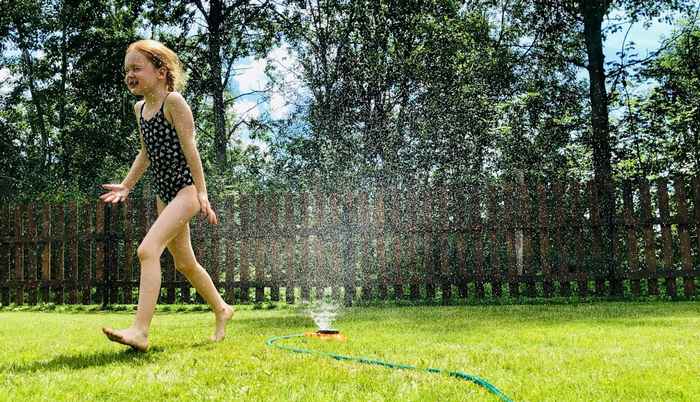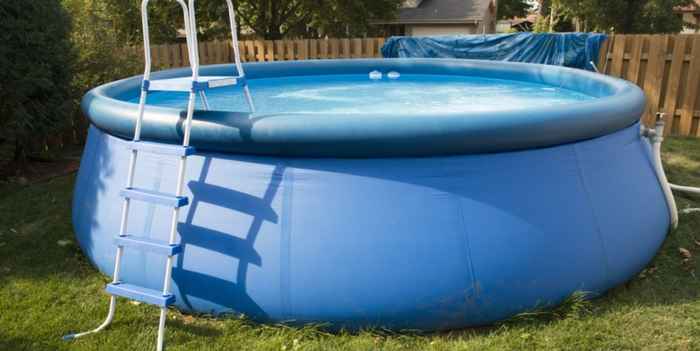From good intentions to big impact: how to really save water
With insights and tips from environmental psychologist Cameron Brick
5 September 2025
Many people already have their own habits. They turn off the water while brushing their teeth or buy a water butt. A small change, but this does not solve the problem, says environmental psychologist Cameron Brick. ‘Despite their good intentions, many people do not actually know which actions to reduce water use have the greatest impact.’
Small actions, little effect
People are often aware that drought exists. But they do not always realise which actions use the most water. Brick: ‘Turning off the water while brushing your teeth helps a little. But the big water users are the washing machine, the shower and the garden hose.’

Not just a lack of information
According to Brick, it is not simply about information. ‘People also have other concerns in their lives. They want to be respected at work or school, look presentable, and smell fresh. That’s why they shower frequently and wash their clothes carefully. Changing these daily routines feels difficult, as if it would prevent them from achieving these other important goals.’
An approach that works
So what does work? Brick gives the example of a successful experiment in collaboration with a water company in California. Researchers included all three elements of the IMB model (see box).
‘In one city, 10,000 households received a combination of different messages: “California is currently experiencing drought” (information), “75% of your neighbours are already using less water” (motivation), and practical tips such as “Here is how to fix toilet leaks” or “Choose this wash cycle to reduce water” (skills). After a few months, households were using an average of 2,000 litres less water. For the water company, sending the messages was cheaper than supplying that same amount of water.’
What does this mean for the Netherlands?
In the Netherlands, drought is less visible: it rains regularly and we place great trust in our water system. Yet pressure on the system is increasing, for example due to dry springs and a growing demand for drinking water. ‘Many Dutch people feel the government will take care of it,’ says Brick. ‘But even here, actions to save more water need to be made.’
Do not turn people into climate activists
‘Focus on people’s own lives,’ Brick advises. ‘Do not try to make them climate activists, but find out what matters to them. Do they want to save money? Show them that using less water also lowers their bills. That way, both the consumer and the environment benefit.’
3 tips to save water
From Cameron Brick
-
Know how much water something uses

Be aware of the impact of filling a bath or a pool. Filling a bath takes about 120 litres, while a small pool requires around 6,500 litres. People know a pool uses more, but they do not realise the difference is that big.
-
Do not use too much detergent
Many people think: the more detergent, the cleaner the clothes. But the machine then has to rinse more to remove it all, which actually uses more water and energy.
-
Run machines only when full
Only use the washing machine or dishwasher when they are completely full. A small habit change with a big impact.
